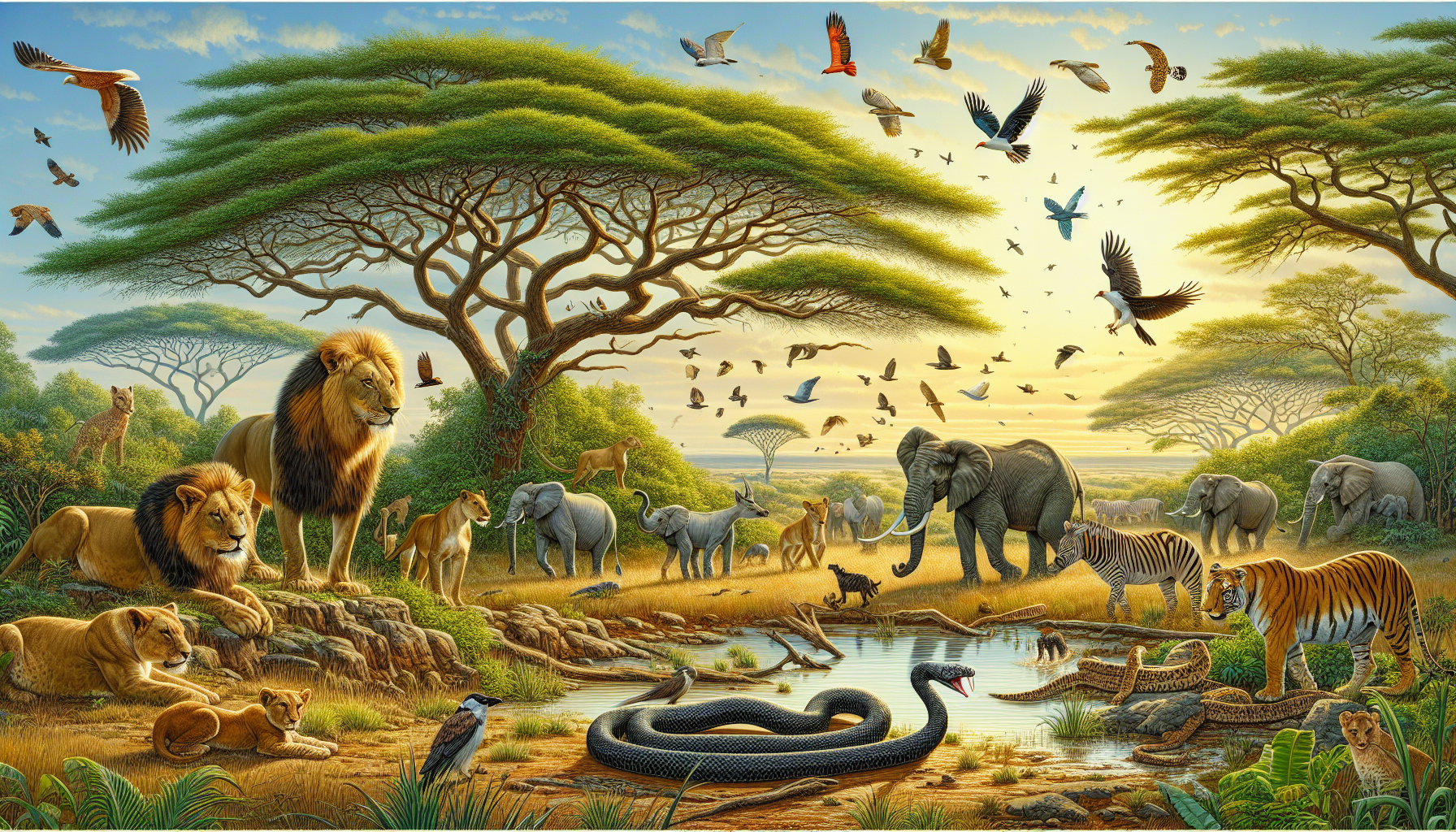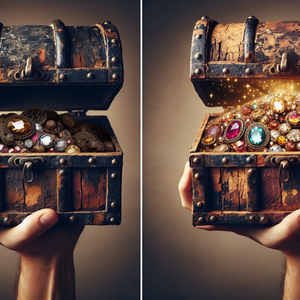The Rise of Digital Nostalgia

Nostalgia is a potent emotion, often evoking feelings of warmth, comfort, and a longing for simpler times. For millennials and Gen Z, many of whom grew up amid rapid technological changes, retro culture represents a connection to a past that they may have only known through stories from their parents or through media representations. The popularity of platforms like TikTok and Instagram has played a significant role in amplifying this trend, celebrating and reimagining aesthetics from the '80s, '90s, and early 2000s.
Technology as a Catalyst
Modern technology serves as a crucial catalyst in the renaissance of retro culture. Social media platforms have transformed into vibrant spaces where users share their love for vintage items, whether through curated feeds filled with thrifted outfits or retro gaming streams on platforms like Twitch. The accessibility of technology has enabled the sharing and discovery of retro content, leading to a community-driven revival that transcends geographical boundaries.
The Influence of Consumerism
The nostalgia trend is not just a cultural phenomenon; it is also a lucrative business model. Brands are capitalizing on this longing for the past by re-releasing products that resonate with both older generations and younger consumers. For instance, Nintendo's revival of classic gaming consoles, such as the NES Classic Edition, sold out almost immediately upon release. This approach provides familiar comfort to older consumers while simultaneously introducing younger audiences to the foundational games that shaped the industry.
The Psychological Aspect
The rise of digital nostalgia can also be understood through its psychological implications. In a world grappling with rapid technological change, economic uncertainty, and global challenges, individuals often find solace in the familiar. Nostalgia can serve as a coping mechanism, providing comfort and stability amidst chaos. Research indicates that nostalgic experiences can enhance mood, foster social connectedness, and even improve self-esteem, making them particularly appealing in today's fast-paced environment.
The rise of digital nostalgia is more than just a trend; it is a testament to the human desire for connection, comfort, and identity in a rapidly changing world. As millennials and Gen Z continue to embrace retro culture, they are not merely looking back; they are forging new identities that honor the past while navigating the complexities of modern life. This cultural movement offers a fresh perspective on how we engage with history, technology, and one another, suggesting that even in an era defined by innovation, there is immense value in looking back to find inspiration for the future.
Vintage Marketing Specialist
Urban Outfitters, Netflix
Core Responsibilities
Develop and implement marketing strategies that tap into retro themes and nostalgia-driven campaigns.
Collaborate with creative teams to produce content that resonates with target demographics, particularly millennials and Gen Z.
Analyze market trends and consumer behaviors related to nostalgia to refine marketing efforts.
Required Skills
Strong understanding of digital marketing platforms and analytics tools.
Excellent communication and storytelling skills with a flair for creative content.
Experience with social media marketing and influencer collaborations.
Retro Product Designer
Nintendo, ModCloth
Core Responsibilities
Design products that reflect vintage aesthetics while integrating modern functionality and sustainability.
Conduct research on historical design trends to inform new product lines that appeal to nostalgic consumers.
Collaborate with marketing teams to create cohesive branding that evokes a sense of nostalgia.
Required Skills
Proficiency in design software (e.g., Adobe Creative Suite) and familiarity with product development processes.
Strong knowledge of materials and manufacturing techniques related to retro products.
Ability to translate cultural trends into viable product concepts.
Nostalgia Content Creator
BuzzFeed, Vice
Core Responsibilities
Curate and produce engaging content that celebrates retro culture across various platforms (e.g., blogs, social media, video).
Build and manage online communities centered around vintage themes, fostering interaction and engagement.
Research and feature nostalgic trends, products, and stories to attract a dedicated audience.
Required Skills
Excellent writing, editing, and visual storytelling skills.
Familiarity with video editing tools and social media algorithms.
Passion for retro culture and an understanding of its impact on current trends.
Sustainability Coordinator for Vintage Retail
Goodwill, ThredUp
Core Responsibilities
Develop and implement sustainable practices within vintage and second-hand retail companies.
Educate consumers about the environmental benefits of choosing vintage products over fast fashion.
Collaborate with marketing teams to promote sustainability initiatives and vintage campaigns.
Required Skills
Background in environmental science, sustainability, or business management.
Strong project management and communication skills.
Knowledge of sustainable fashion practices and consumer behavior.
Digital Nostalgia Research Analyst
Hallmark, Disney
Core Responsibilities
Conduct qualitative and quantitative research on consumer preferences related to nostalgia-driven products and media.
Analyze social media trends and engagement to provide insights on the impact of nostalgia on brand perception.
Present findings to stakeholders to inform product development and marketing strategies.
Required Skills
Strong analytical skills with proficiency in data analysis tools (e.g., Excel, SPSS).
Excellent presentation and communication skills to convey research findings effectively.
Ability to interpret cultural trends and their implications for businesses.


